Introduction
Vegetable oil is commonly utilized in many recipes across the world as it enhances the flavor and makes them more palatable in every way. But can dogs eat vegetable oil?
Are there any risks involved in feeding your pet vegetable oil on a regular basis? Find out the answers below!
Is Vegetable Oil Good for Dogs?
Adding vegetable oil to your dog’s diet is probably unnecessary, as they get the nutrients they need from the food that you already feed them. Most commercial diets these days contain all the right vitamins, minerals, and amino acids that dogs need, and this is something that your veterinarian is also likely to tell you.
Here are some benefits that your pet might enjoy if you do give them vegetable oil every now and then.
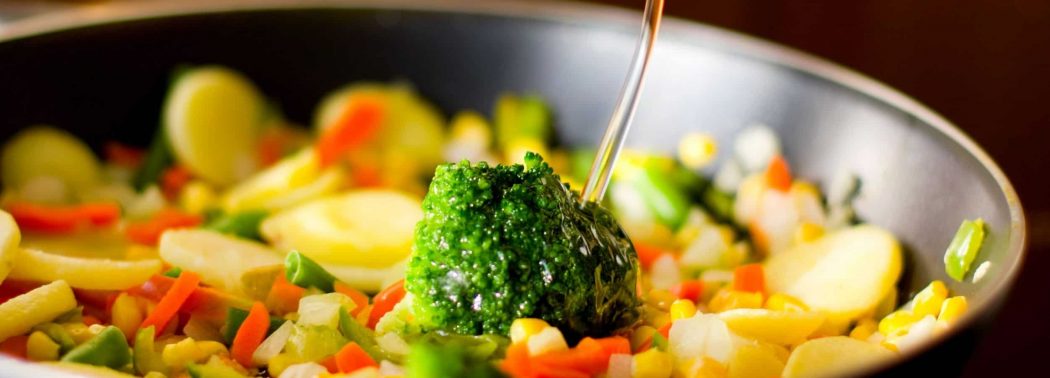
Good for putting on weight
If your dog desperately needs to put on a pound or two, adding some types of oils to their diet might be the right way to go. Always make sure that you talk to your vet about the best kinds of veggie oil you can utilize in this sense.
Oils have some of the highest numbers of calories from all the foods or recipe additions in the world, so they might be able to help some dogs, such as those that have given birth or have gone through trauma or experienced severe starvation, to recover their normal weight.
Regulating digestive transit
Probably the best thing about vegetable oil is that it can sometimes be used to cure constipation. While it might not have long-term effects, it can make your pup pass regular stools.
Do keep in mind that this should only be an occasional occurrence and that veggie oil should never be given to your pet on a regular basis. In addition, there are plenty of healthier options for regulating transit, such as incorporating pumpkin into your dog’s diet.
Fat-soluble vitamins
Not all veggie oils are created equal, so they might not contain the same nutrients. However, in general, they almost always contain fat-soluble vitamins such as A, D, E, and even K.
All of these are important for regulating your dog’s body processes and ensuring that their brain is functioning normally. Brain tissue is formed of mostly fat, so these nutrients are vital for preventing canine dementia, for example.
Is Vegetable Oil Bad for Dogs?
Pancreatitis
The problem with oil is that not only does it predispose pets to obesity, but it is also risky for their pancreatic health. Dogs that are commonly fed high-fat diets are more likely to develop pancreatitis, and this can be a life-threatening condition.
Too many calories
If your dog is already a little overweight or has developed some form of diabetes, watching their weight is of utmost importance.
So while adding a bit of veggie oil to your dog’s kibble does indeed make it more delicious and also makes it more likely for your pup to eat it, it’s not the best option you have available.
If your dog definitely needs to put on some weight, it is far healthier for you to give them a diet prescribed by your vet in this sense.
Cooking oil is dangerous
We all know that oil changes its consistency and properties when you cook it, and the truth is that it becomes significantly less healthy. Cooking oil can make your dog uncomfortable in many ways, from making them vomit or experience a bout of diarrhea to causing even bigger problems, such as liver issues.
Allergies
Some dogs can be allergic to specific types of oils, with a few examples being peanut oil, soybean oil, and corn oil. Butter is just as bad, just so you know, so don’t believe for a second that your pet might be able to safely enjoy dairy products.
How Much Vegetable Oil Can My Dog Eat?
Ideally, your dog should have as little veggie oil as possible because they are not genetically engineered to process it well.
However, if you feel that you must help your dog put on a few pounds and your vet has nothing whatsoever against you giving them oil on occasion, perhaps one teaspoon per week might be safe enough. Please do not overdo it, though, because the last thing you want is to put your pet’s health in danger.

My Dog Ate Vegetable Oil. What Should I do?
The answer to this question is that it actually depends on the type of oil they’ve had and how much they’ve had of it.
If they’ve had a lot, like a whole jar of bacon grease and oil, your best choice would be to take them to the veterinary clinic as soon as possible.
If they’ve had just a tiny lick, just watch your dog’s behavior over the course of 24 hours or so. Chances are that a very small amount might not affect them, mainly if they are otherwise an entirely healthy adult.
Frequently Asked Questions
Just to be on the safe side of things, you should pat the tuna pieces dry before you give a bit to your dog. Do consider that canned foods aren’t the healthiest for dogs, so try to keep these treats to a minimum.
Sardines are packed in omega fatty acids, so they are healthier for this species compared to other types of fish. Like with the tuna recommendation, make sure you pat the sardines dry before giving one to your dog.
No. Fried food is not suitable for dogs. Not only does it have too many calories, but it can also predispose your dog to pancreatitis.
Summary
So, can dogs have vegetable oil? Ideally, no. Very, very low amounts might be safe to some degree, but this is definitely not the best thing to feed your pet.
Ask your vet for more on what your dog’s perfect diet should look like.
Sources
- The effect of vegetable oils (corn oil, cottonseed oil, and olive oil) on acid-pepsin secretion in dogs with vagally-innervated pouches, F. P. Brooks et al, 1961
- Effects of essential oils and polyunsaturated fatty acids on canine skin equivalents: skin lipid assessment and morphological evaluation, S. Cerrato et al, 2013
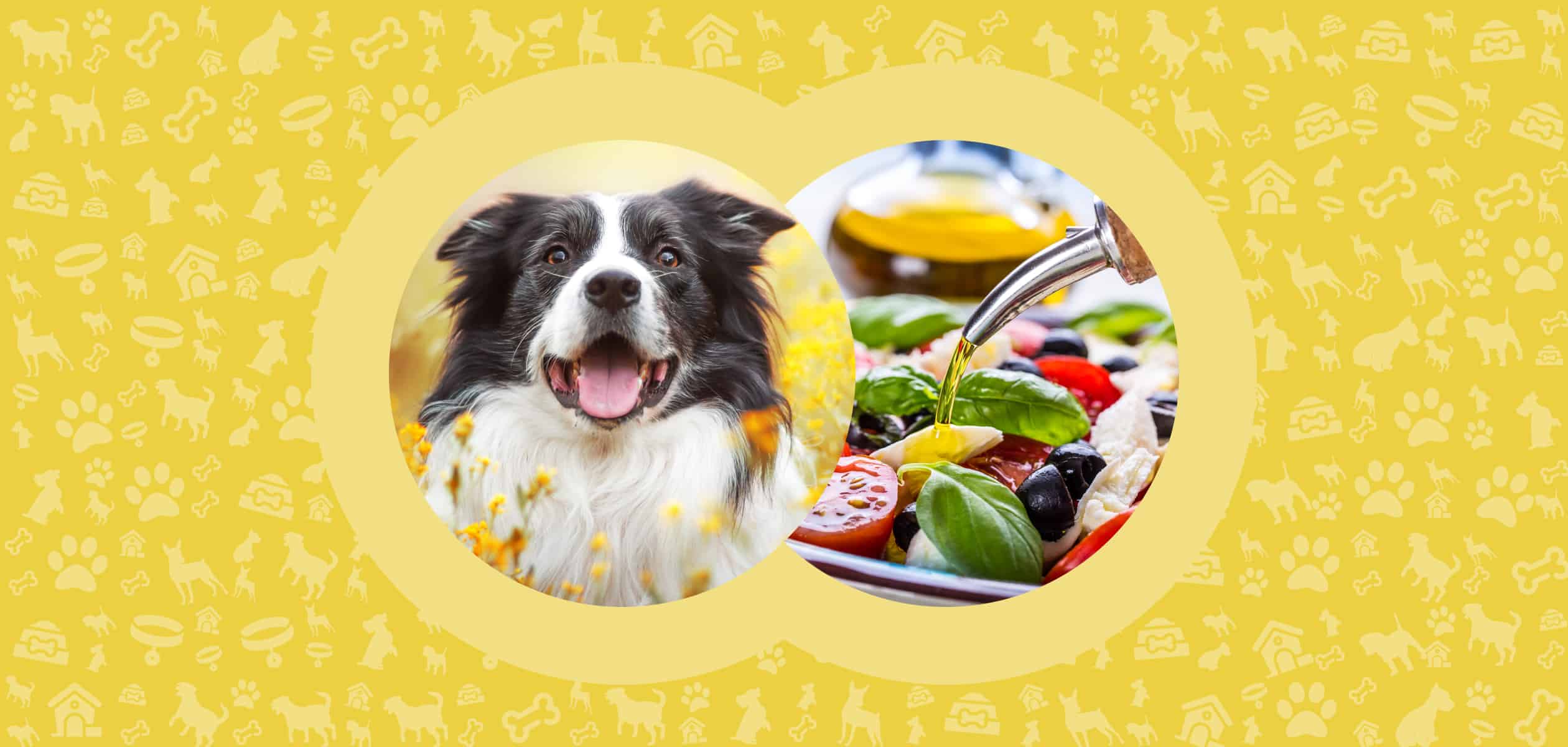
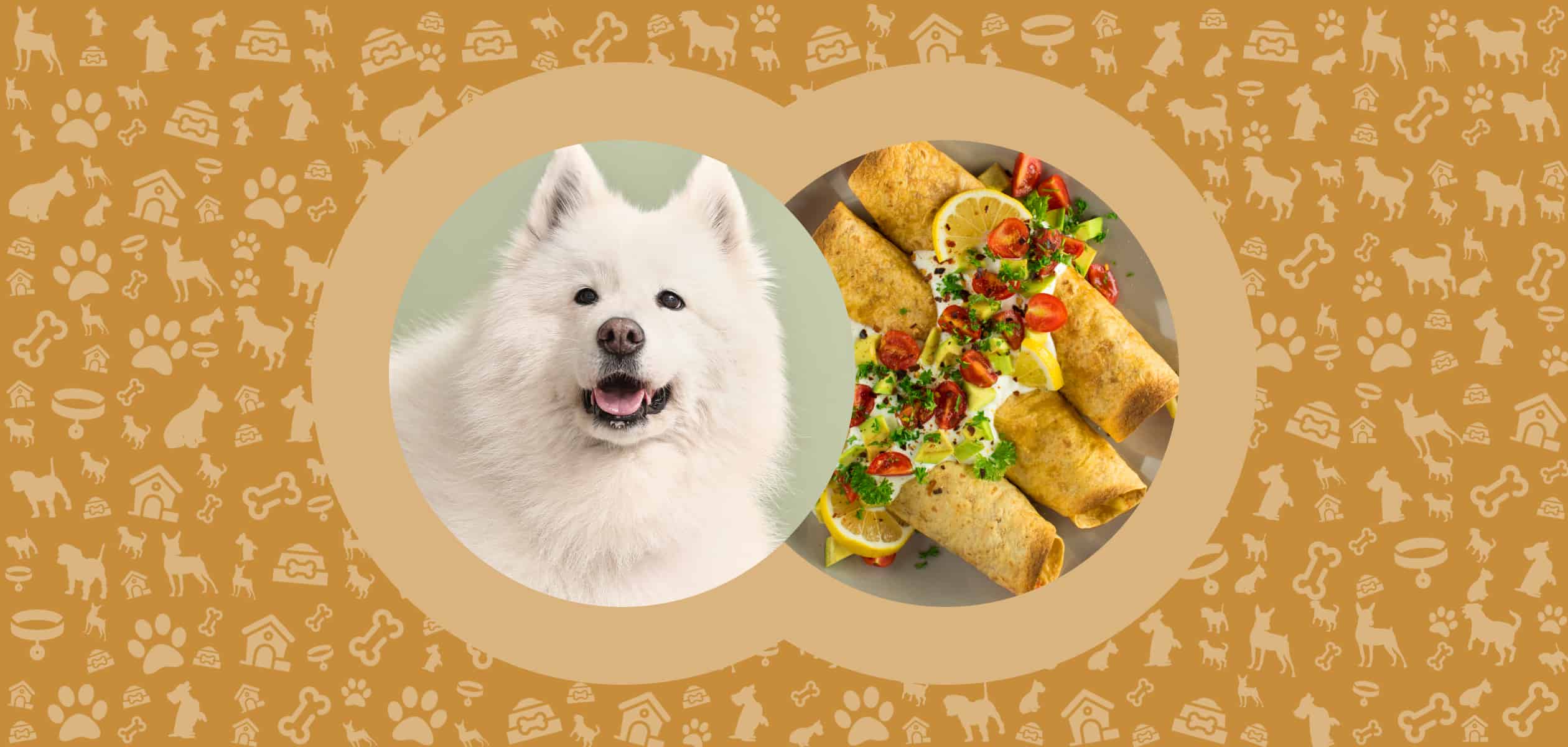
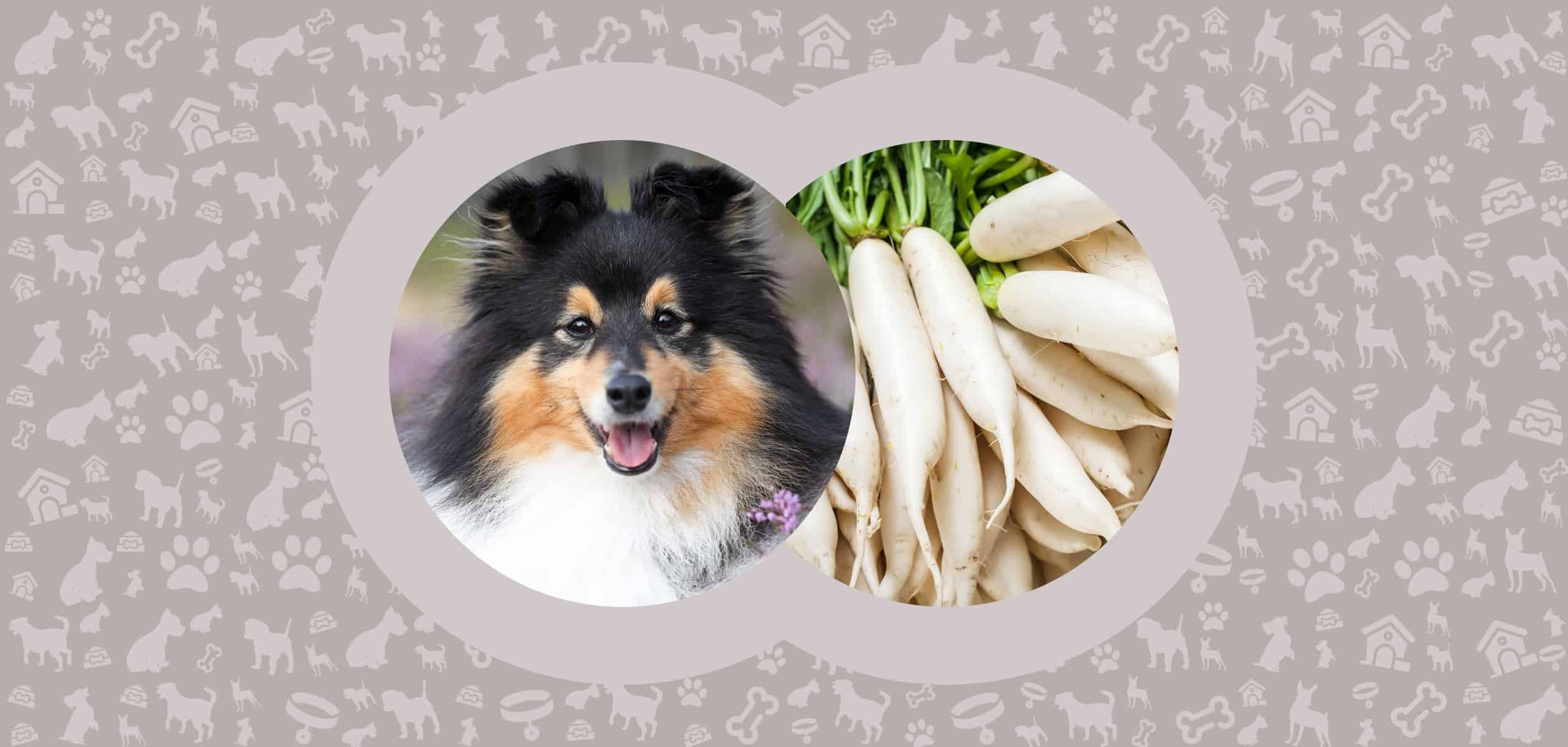
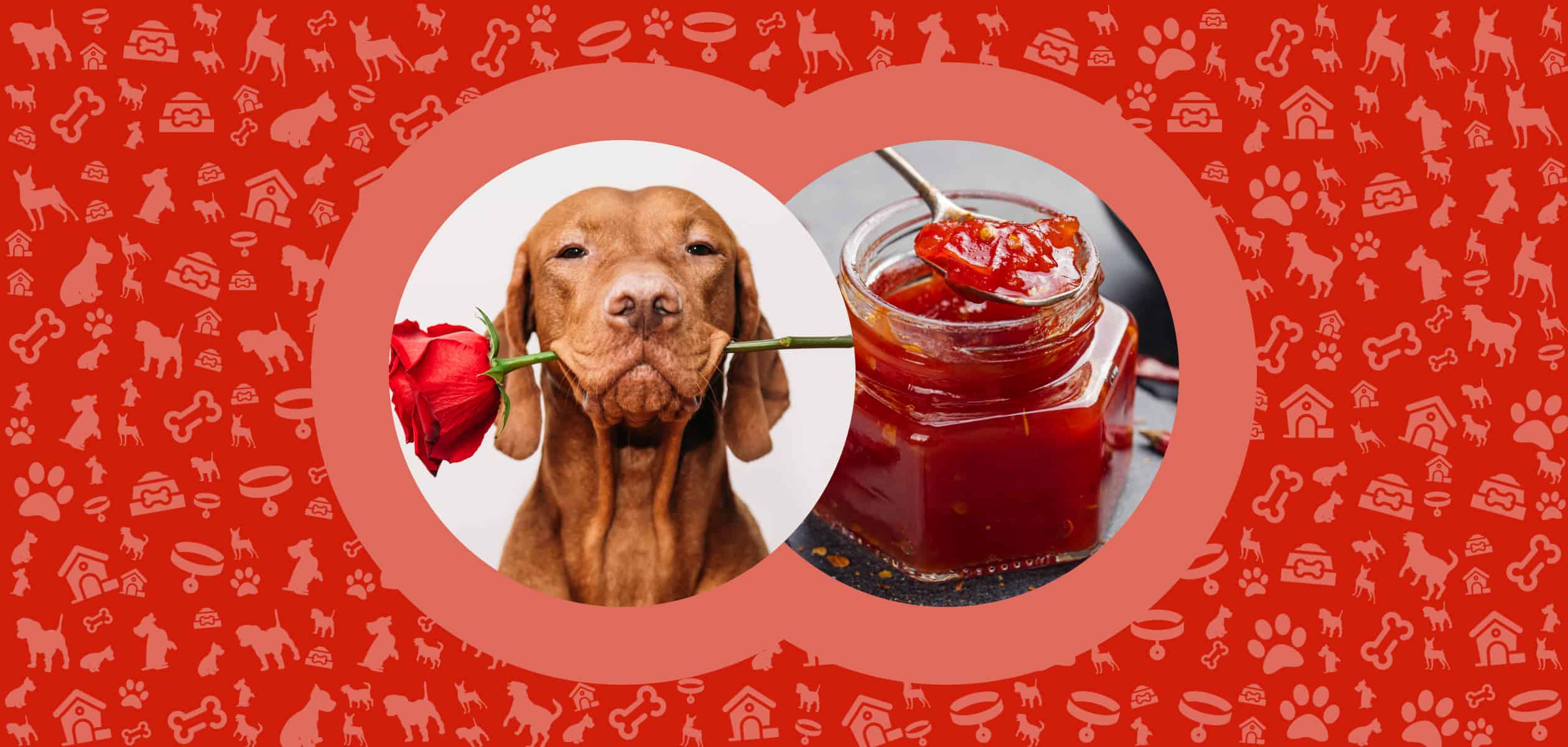
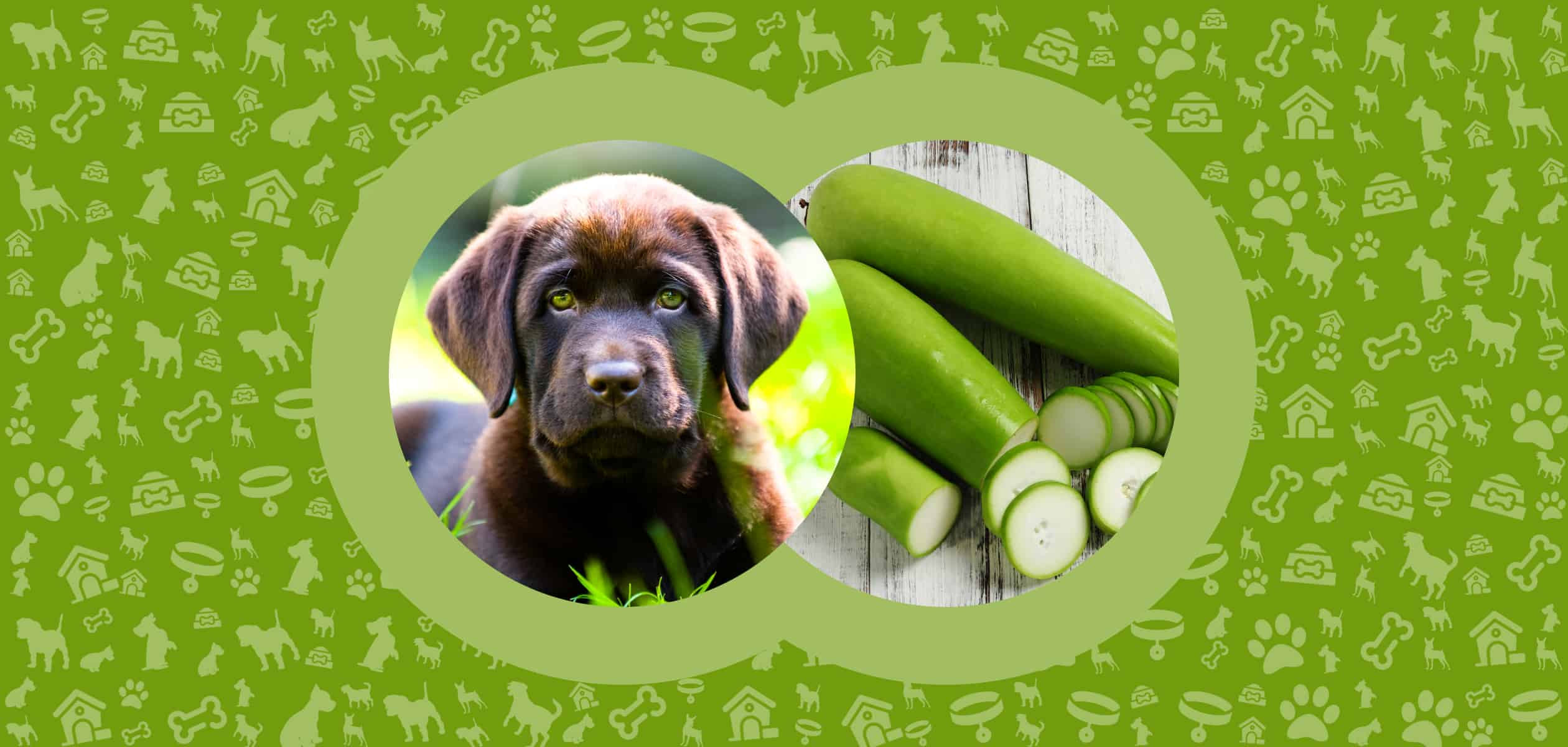
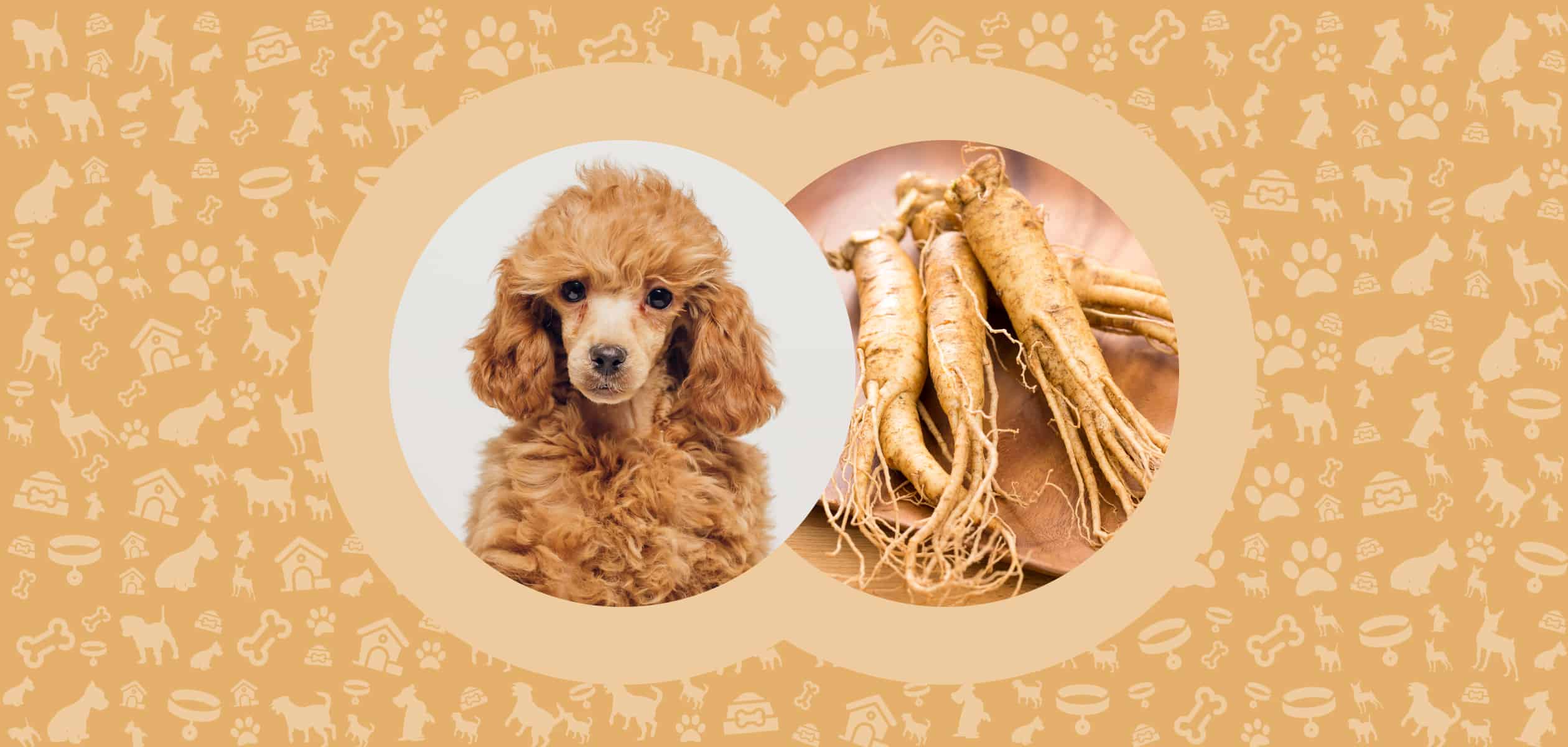
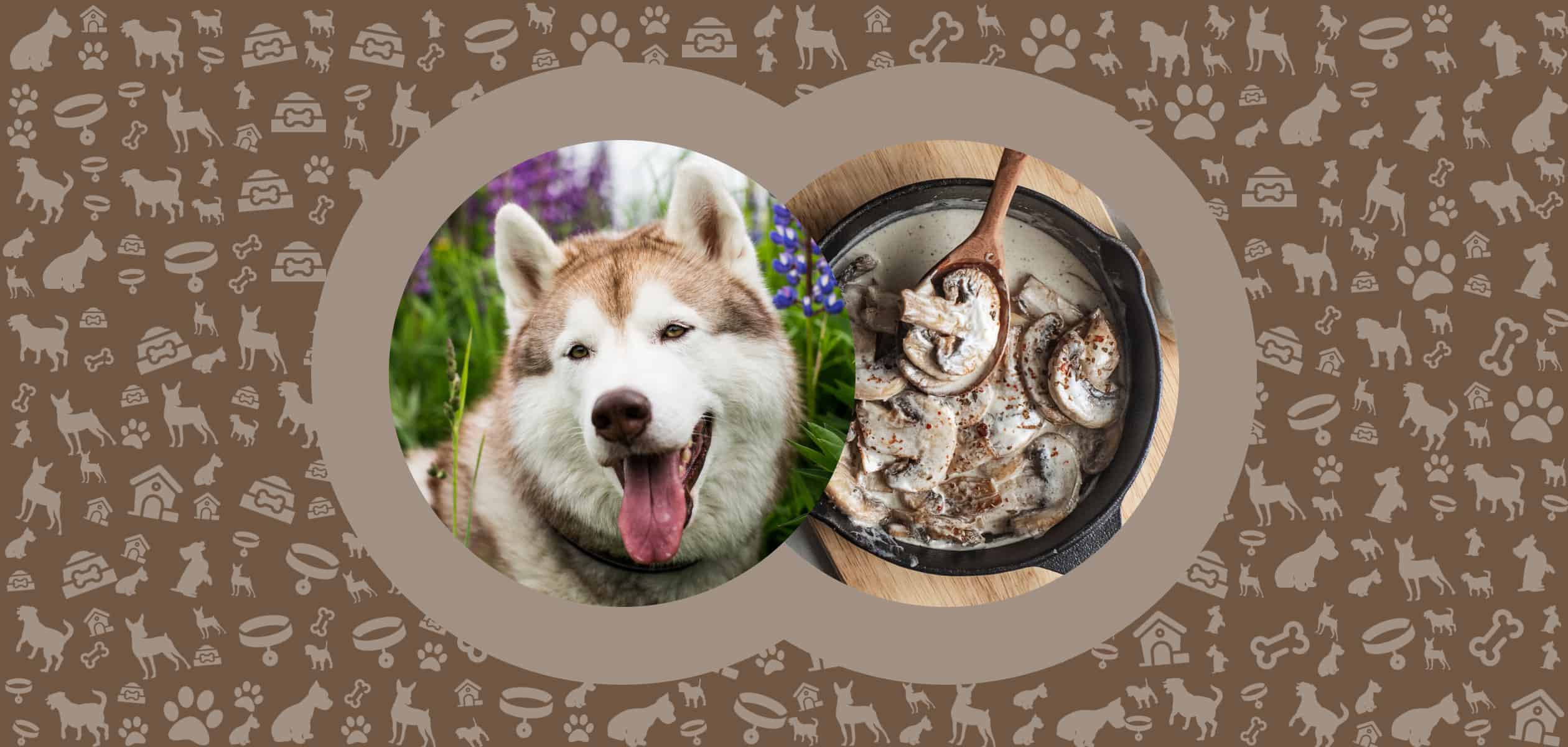
Leave a Comment